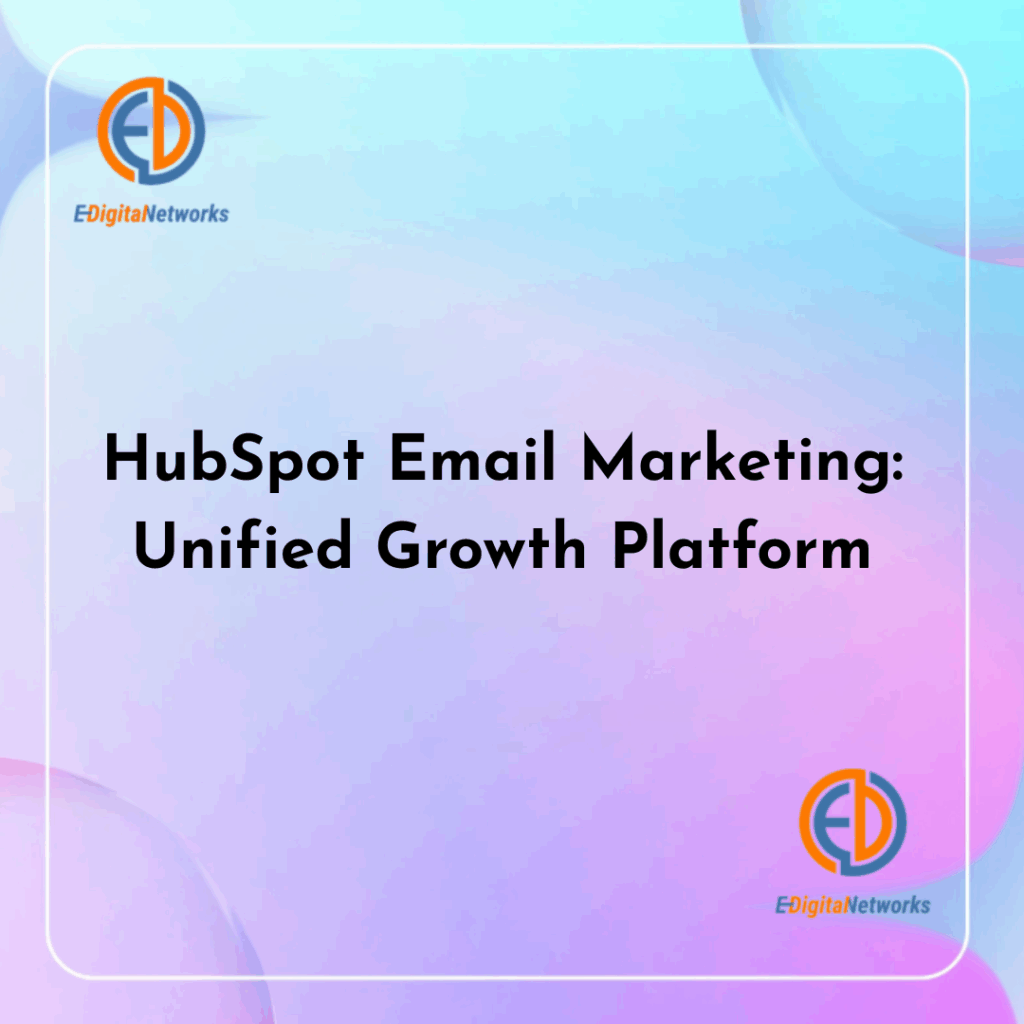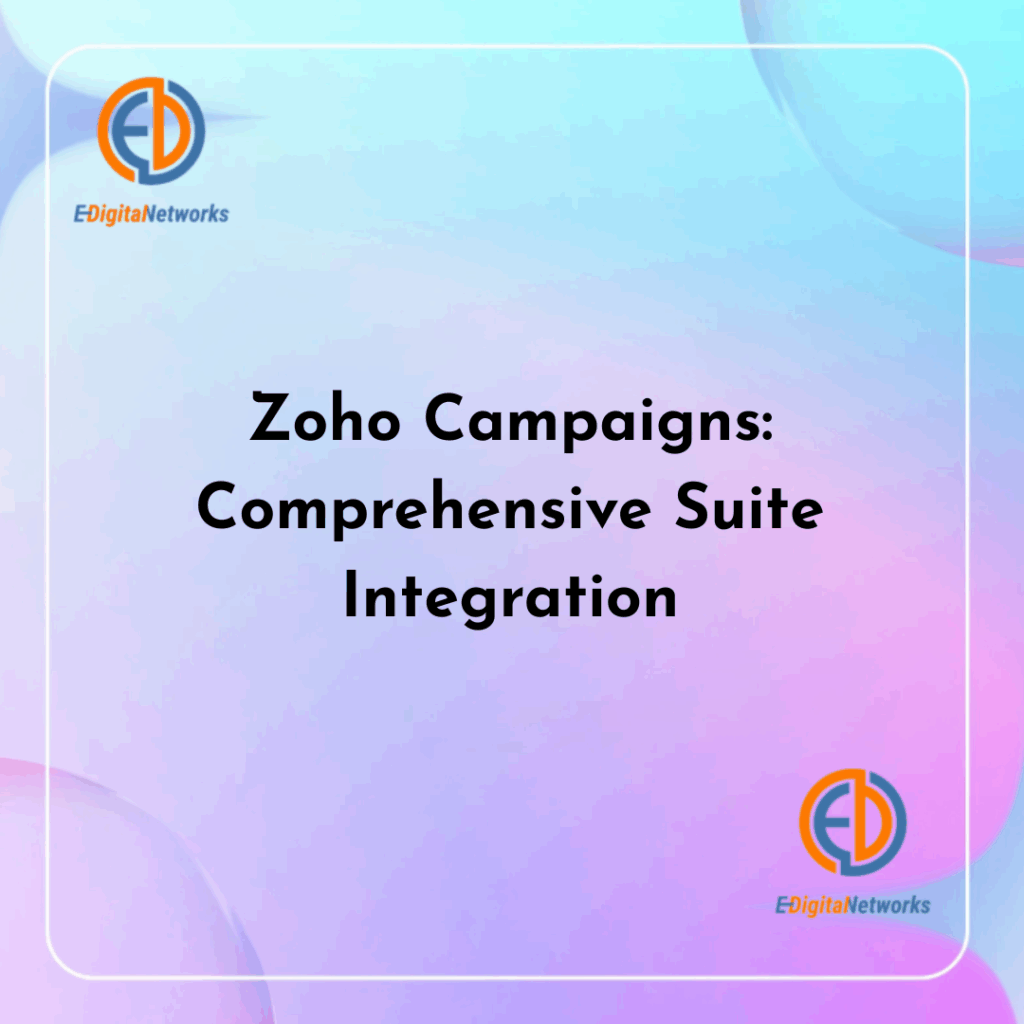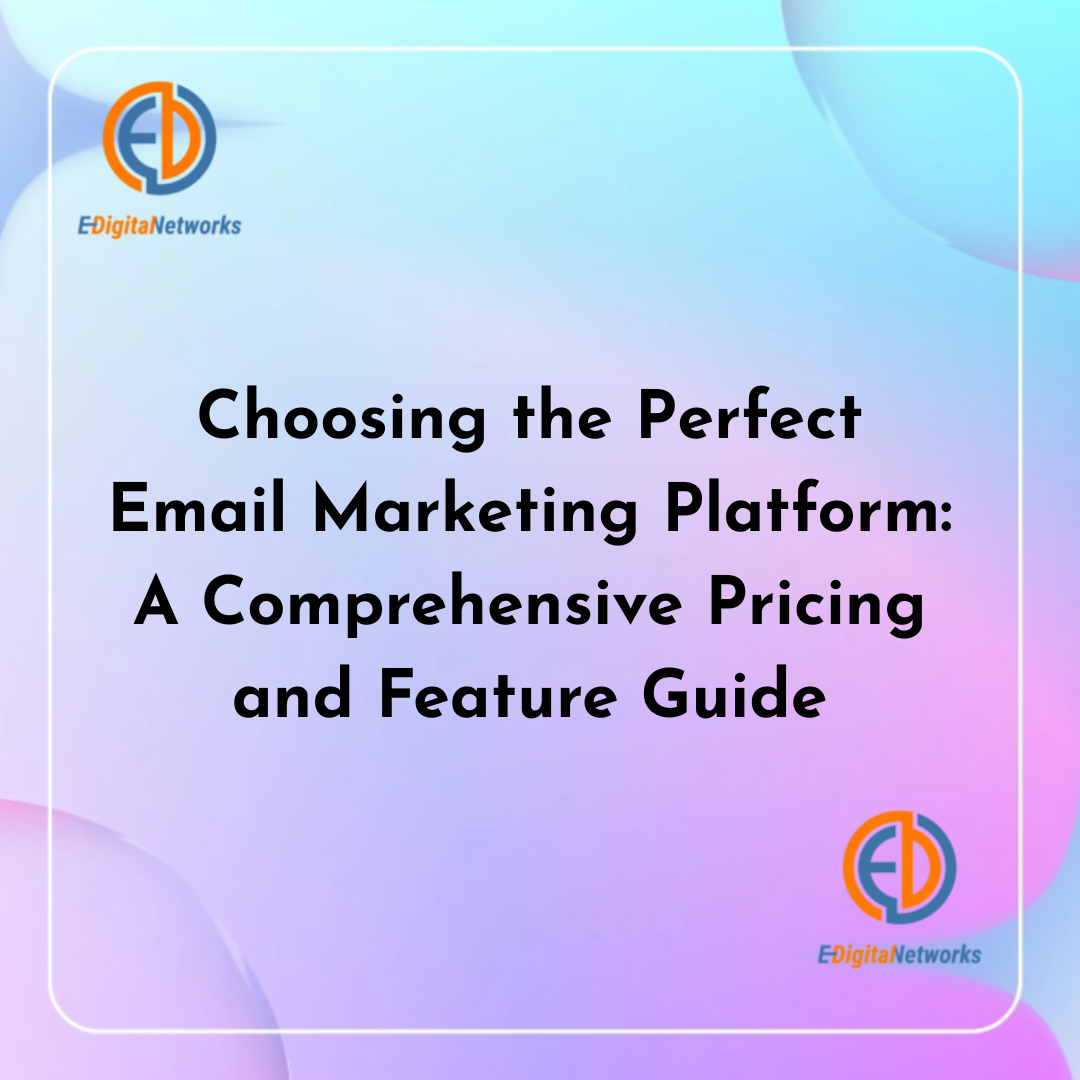Email is still one of the best ways to establish connections and increase sales in the dynamic field of digital marketing. The effectiveness of your campaign can be significantly impacted by the platform you choose, but with so many alternatives, it’s critical to comprehend the features and costs of each supplier.
Vendors like Mailchimp pricing and klaviyo pricing provide a variety of options to suit different demands and price ranges, from enterprise-grade solutions to flexible free tiers. In the meanwhile, all-in-one hubs like Hubspot email marketing give teams a comprehensive strategy by fusing CRM capability with email automation. Intuitive solutions like convert kit pricing are frequently preferred by bloggers and creators, while Shopify email marketing integrates seamlessly with e-commerce firms.
While historical systems like contact pricing continue to cater to enterprises looking for dependability, emerging providers like Sendinblue – Brevo offer pay-per-email models that incentivize high-volume senders. Lastly, Zoho marketing email and other integrated suites offer cost and a wide range of marketing capabilities.
This article explores the advantages, disadvantages, and pricing structures of the top 10 email marketing platforms, providing practical advice to help you choose the one that best suits your goals, degree of technical expertise, and future development path.
Mailchimp: Balancing Simplicity and Scale
Startups and small companies choose Mailchimp mostly because of its simple design and generous free tier, which help to establish it. The platform moves to subscription plans that enable deeper segmentation, A/B testing, and multivariate capabilities as subscriber numbers rise. For big lists, its Mailchimp pricing approach scales with audience size and email traffic, therefore providing predictable but sometimes expensive budget forecasts.
While thorough statistics show engagement patterns, the visual automation builder and template library streamline campaign building. Companies growing typically balance Mailchimp’s simplicity of use against the demand for more exact data management and deeper connections provided by rivals as they develop.
Klaviyo: Data-Driven E-commerce Excellence
Using strong relationships with platforms like Shopify and Magento, Klaviyo bills itself as the preferred option for online stores. Its extensive segmentation and predictive analytics provide very tailored messages depending on individual buying behavior. Though its cost increases with the number of contacts, the klaviyo pricing structure rewards companies with actionable insights that generate income, even if it usually leans higher than standard email products.
Klaviyo’s strength is its capacity to complete the loop between email interaction and on-site activity, therefore enabling dynamic product suggestions and cart abandonment flows directly impacting the bottom line.

HubSpot Email Marketing: Unified Growth Platform
Comprising a larger CRM and marketing suite, HubSpot’s email solution provides perfect synchronization across sales, service, and marketing teams. Drag-and-drop email generation, strong personalizing tokens, and prebuilt processes directly linking with contact information help users. Although an all-in-one system has great capacity, HubSpot email marketing may be rather costly as you increase contacts and access premium capabilities.
The software excels for firms looking for a consistent perspective of client interactions but can be overkill for those with only basic broadcast needs.
ConvertKit: Creator-Centric Automation
Designed for bloggers, writers, and content producers, ConvertKit stresses visual automation sequences and simplicity of usage. Its simple cost matches the subscription count and provides limitless sends even on entry-level subscriptions. Transparency under the convertkit pricing paradigm allows levels that unlock capabilities including extensive reporting, automated funnels, and interfaces with major membership tools.
A favorite choice for individuals and small teams focusing on community-building and digital businesses, ConvertKit’s tagging system and subscriber-centric approach shine at guiding audiences via drip sequences.
Shopify Email: Commerce-First Campaigns
The built-in email tool available to Shopify’s merchants provides lightweight automation and campaign features from within the shop administrative system. This interface guarantees quickly available client data, discount coupons, and product feeds. Sending campaigns to current contacts stays low-cost with Shopify email marketing, even if advanced segmentation and bespoke templates may call for outside apps.
While larger companies sometimes augment it with more feature-rich platforms as their marketing needs change, Shopify Email appeals to retailers seeking simplicity and low setup.
Sendinblue (Brevo): Flexible Pay-As-You-Go Model
Rebranded as Brevo in some areas, Sendinblue has a distinctive strategy combining pay-per-email and subscription-based solutions. For companies with irregular mailing patterns—where a fixed membership price would be ineffective—this flexibility helps. Among advanced capabilities are SMS marketing, transactional email support, and send-time optimization driven by artificial intelligence.
Brevo’s model’s cost-effectiveness lets big-volume senders expand without running rising costs. Its automated builder and user interface fit those of marketers seeking both performance and economy.
iContact: Legacy Stability and Support
For more than ten years, iContact has been serving the email marketing market with a consistent platform with fast customer service. List size determines its cost; key capabilities like basic automation and autoresponders are offered at all tiers. Designed to appeal to companies that prioritize vendor dependability and support above modern innovation, the contract pricing plans interface with major CRM systems and social media platforms.
iContact is still a good choice for companies who value simple email marketing and phone support even if it has less sophisticated tools than more modern suppliers.

Zoho Campaigns: Comprehensive Suite Integration
Offering a single platform for sales and marketing alignment, Zoho Campaigns links effortlessly with Zoho CRM, Desk, and other productivity products, so part of the Zoho ecosystem. Attractive for budget-conscious companies, the Zoho marketing email solution offers reasonable prices together with limitless sending on certain levels.
It covers behavioral segmentation, time-zone-based distribution, and topic-line recommendations driven by artificial intelligence. Organizations already committed to Zoho products seeking tight integration and uniform user experiences across several business operations may find attraction in Zoho Campaigns.
ActiveCampaign: Automation Meets CRM
ActiveCampaign strikes a mix between email marketing and sales orchestration by combining strong automation systems with an integrated CRM. While built-in scoring systems assist in prioritizing leads, its visual designer offers conditional logic and complicated multi-step paths. ActiveCampaign surpasses the likes of Klaviyo in personalizing depth, while not mentioned among the first keywords. Pricing schemes with contact counts and feature levels reward companies that value exact control over campaign logic and thorough consumer information.
Benchmark Email: Simple, Effective Campaigns
Benchmark Email stresses global reach, quick deployment, and simplicity of usage. Paid subscriptions unlock automatic series, polls, and multilingual themes; its free tier supports a restricted amount of emails per month. The simple pricing policies of Benchmark inspire adoption by small businesses and non-profit groups. Though less complex than corporate solutions, its automation tools cover the basics: welcome sequences, date-based triggers, and simple segmentation. For those trying to strike a mix between simplicity and utility, Benchmark Email is still a strong candidate.
Conclusion
Selecting the appropriate email marketing platform calls for matching the qualities of every tool with your particular objectives, audience, and development strategy rather than only cost comparison. From Mailchimp pricing and Klaviyo pricing to specialist solutions like convert kit pricing and Zoho marketing email, next-generation marketers have a wealth of options. Carefully assessing features, integrations, and pricing policies will help you hone in on the solution maximizing engagement, streamlining processes, and improving your return on investment.

